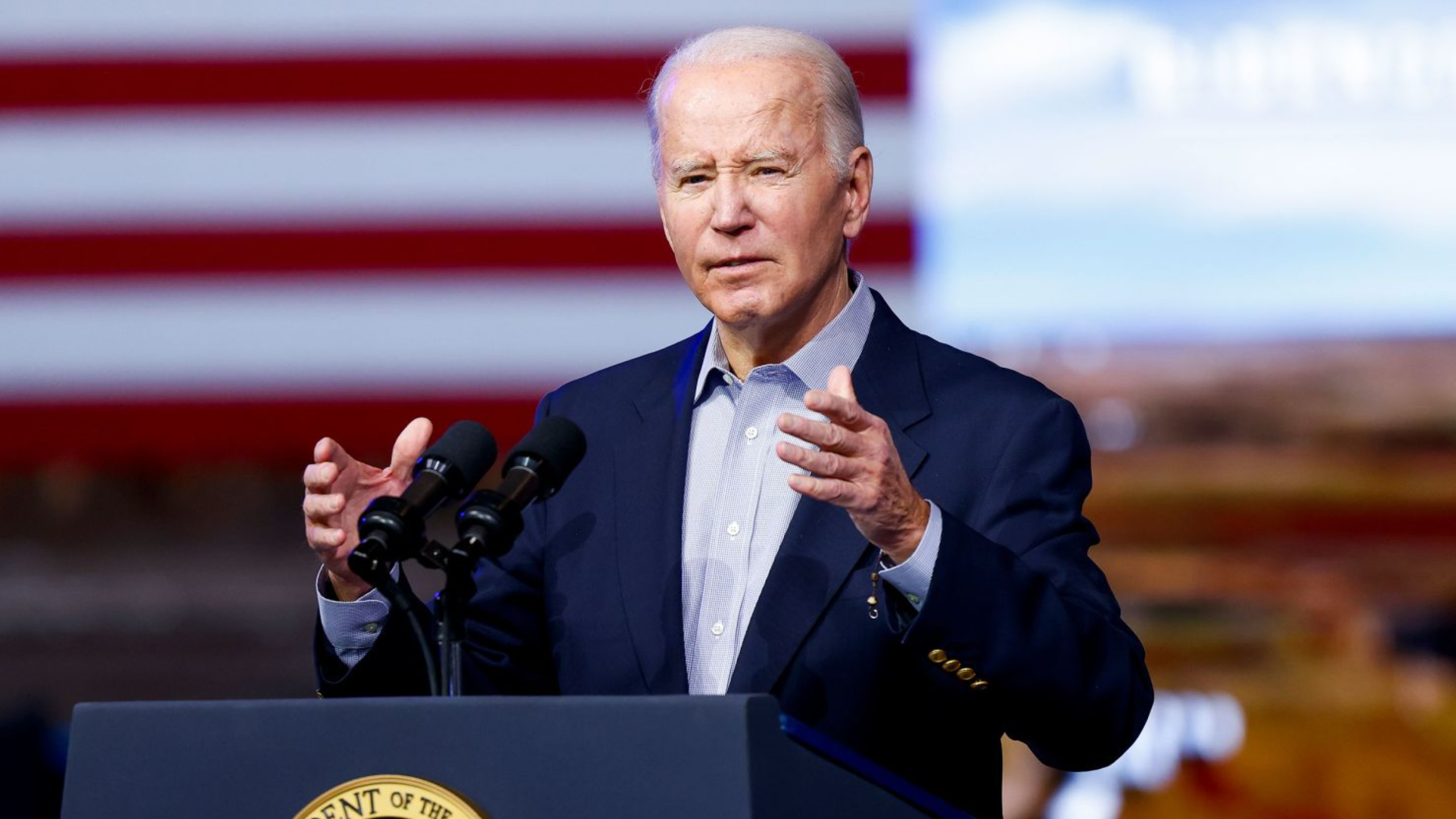










China’s Ministry of State Security has issued a fresh warning regarding the persistent threat posed by overseas espionage, particularly those operating under the guise of consulting firms, aimed at obtaining classified information, as reported by Voice of America (VOA).
Through a six-minute video released on the ministry’s official WeChat social media account, a real-life case is depicted wherein foreign spy agencies allegedly utilized a consulting firm to extract confidential data from a Chinese corporation seeking international investments.
This development comes amidst Chinese leader Xi Jinping’s recent meeting with American CEOs, an attempt to reassure concerns and reiterate China’s commitment to facilitating business amid economic uncertainties and government authoritarian signals, as noted by VOA.
Over the past year, foreign investment in China has witnessed a decline, driven by shifting supply chains and reinforced by China’s adoption of stringent anti-espionage measures, including exit bans and crackdowns on consulting and due diligence firms. Concurrently, the Ministry of State Security has intensified its social media campaigns to alert the public about foreign espionage activities, releasing four videos since the inception of its social media account last year.
The latest video, designed akin to a spy thriller, aims to elucidate the modus operandi of espionage activities orchestrated through consulting agencies. It narrates the account of a Chinese company executive interrogated by a consulting firm representative, probing into sensitive areas including financial details, product specifications, and military applications.
The ministry emphasizes that seemingly routine investigations by consulting firms are, in reality, attempts to unlawfully acquire commercial secrets and undermine China’s strategic industries. It alleges that these consulting firms act as accomplices to foreign spy agencies seeking to infiltrate key sectors in China.
While primarily directed at a Chinese audience, experts speculate that the underlying objective is to instill vigilance among Chinese citizens, particularly those engaged with foreign entities.
Dennis Wilder, a former US national security official, suggests that such campaigns could create a chilling effect, heightening apprehensions among Chinese nationals, especially those associated with foreign enterprises.
In the past year, Chinese authorities have conducted raids on several American companies operating within China, detaining numerous Chinese employees, including well-known firms like Mintz Group, Capvision, and Bain & Company.
Despite foreign investors’ declining confidence, analysts note Beijing’s dual objective of attracting foreign investment while safeguarding national interests. Hung Chin-fu, a political scientist at National Cheng Kung University in Taiwan, suggests that Beijing aims to strike a balance between attracting foreign businesses and safeguarding critical national interests.
However, skepticism persists regarding Beijing’s approach, with foreign businesses expressing concerns about stringent regulatory frameworks impeding their operations. Hung Chin-fu emphasizes the precarious nature of investing in China amidst tightening national security measures.
Amidst deliberations, differing perspectives emerge within China’s leadership regarding the prioritization of economic growth versus national security concerns. While Xi Jinping appears inclined towards prioritizing national security imperatives over foreign investments, other leaders, including Premier Li Qiang, may adopt a more nuanced approach, balancing economic growth with security considerations, as noted by Voice of America.









